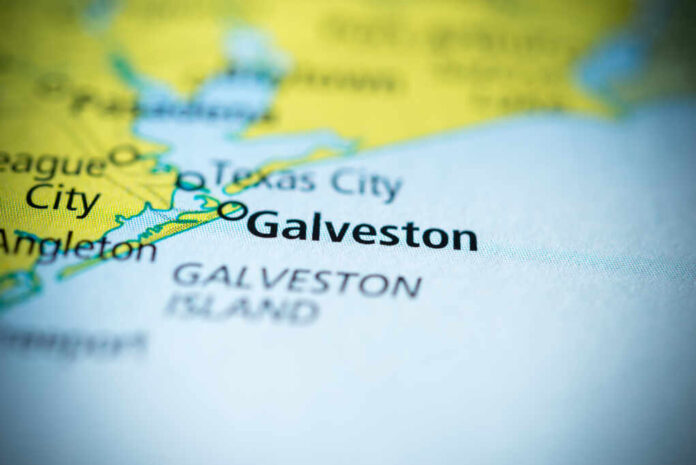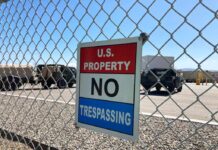
Galveston, Texas, faced a potential environmental crisis after a barge collision on Wednesday led to estimates of up to 2,000 gallons of oil spilling into surrounding waters, as reported by the U.S. Coast Guard on Thursday.
A barge has hit a bridge in Galveston, Texas, collapsing the rail line. pic.twitter.com/UaQDawRrzv
— 🇺🇸ProudArmyBrat (@leslibless) May 15, 2024
The collision occurred when the barge, separated from the tugboat pulling it, struck a support pillar of the Pelican Island Causeway span. This impact caused partial collapse of the bridge, severing the primary roadway linking Galveston and Pelican Island, according to Coast Guard statements.
A large barge just struck the bridge to and from Pelican Island in Galveston, Texas.
Will Pete Buttigieg blame the bridge and say it’s racist?
Was DEI at play here?pic.twitter.com/T7XwPYoxK3
— Paul A. Szypula 🇺🇸 (@Bubblebathgirl) May 15, 2024
Initial assessments of cleanup efforts have not revealed any significant impact on local wildlife, though video footage depicted patches of oil spreading in Galveston Bay post-incident.
Speaking on the situation, Coast Guard Capt. Keith Donohue expressed confidence that the actual volume of oil introduced to the water was lower than initial estimates. “We’ve recovered over 605 gallons of oily water mixture from the environment, as well as an additional 5,640 gallons of oil product from the top of the barge that did not go into the water,” Donohue stated.
To mitigate the spill’s spread, the Coast Guard deployed containment booms and utilized drones and personnel to assess the extent of oil dispersion.
The accident prompted the closure of approximately 6.5 miles of the waterway. Investigations revealed that the tugboat lost control of the 321-foot barge due to a coupling failure between the vessels.
As of Thursday, the barge remained adjacent to the bridge, held in position by debris, including fallen rail lines. The Pelican Island Bridge remained closed to incoming traffic, though outbound vehicles and pedestrians faced no restrictions.
Texas A&M University at Galveston, situated on Pelican Island, took precautionary measures, urging staff and faculty to vacate the campus. Essential personnel were to remain, with plans to relocate residents until Sunday amid uncertainty over bridge repairs.
While concerns about the environmental impact persist, experts like Maria Burns from the University of Houston suggest that the accident is unlikely to cause significant economic disruption to the region, given its distance from major shipping routes.
This incident comes shortly after a cargo ship collision with a support column of the Francis Key Bridge in Baltimore on March 26, which resulted in six fatalities among construction workers.





























